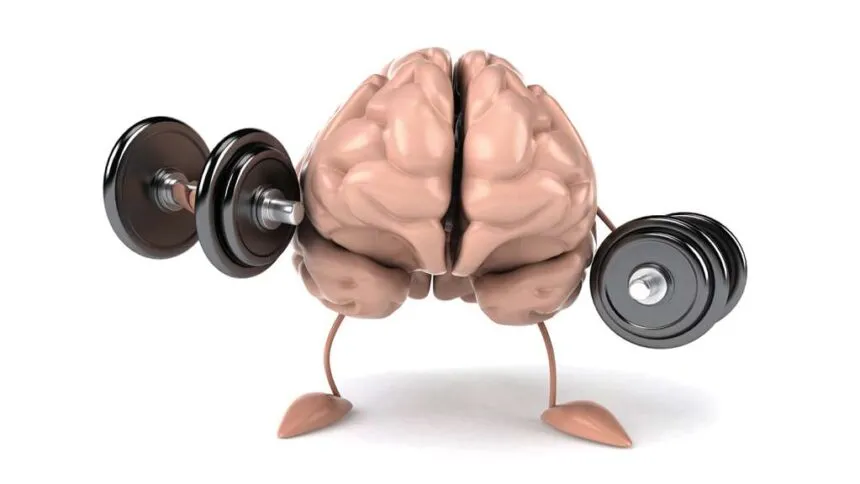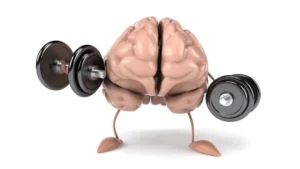Strength or Resilience?

Strength or Resilience?
Everyone defines power differently. What we learn from family, what culture brings, and the influence of the environment create different meanings in our minds. For one culture, being strong may mean being independent; for another, it may mean being able to provide for one's family economically.
When we look at our culture, some prominent discourses come to my mind. This list goes on, such as not giving up, being able to cope with difficulties, catching up with other people's troubles when necessary, running around without complaining, getting tired of all the hustle and bustle of life, and not asking for help.
However, the American Psychological Association's statement describes strength through "endurance." It is based on a person's ability to be mentally, emotionally, and behaviorally flexible in the face of difficulties experienced in his life. Although there are different definitions when you look at endurance, it can generally be considered "a person's ability to return to the balance point."
In addition, it depends not only on the person himself to be resilient but also on the suitability and quality of the support resources around him.
I want to underline this point again. It develops and transforms not only depending on the person himself but also on his external resources, social support, and environment. Of course, many systems are included when we say state, state systems, and subsystems.
Remember, even superheroes have friends who support them. You don't have to struggle alone with your life difficulties.
Another essential point of resilience is that a person sees the difficulties as an instructive experience. This requires perseverance. While persevering, a healthy environment and social support are needed. Resilience is viewed as a "process." Not something innate or unchangeable, but something that can improve with practice and effort. It involves a dynamic and interactive process.
It should not be forgotten that strength, endurance, and flexibility are all processes. The effort you put in will increase your skills. You can always change, learn, and develop no matter how old or what stage of your life.
📁 Referanslar
Vella, Shae-Leigh Cynthia; Pai, Nagesh B.1. A Theoretical Review of Psychological Resilience: Defining Resilience and Resilience Research over the Decades. Archives of Medicine and Health Sciences 7(2):p 233-239, Jul–Dec 2019. | DOI: 10.4103/amhs.amhs_119_19
John F. Allan, Jim McKenna & Susan Dominey (2014) Degrees of resilience: profiling psychological resilience and prospective academic achievement in
university inductees, British Journal of Guidance & Counselling, 42:1, 9-25, DOI: 10.1080/03069885.2013.793784 · https://www.apa.org/topics/resilience




